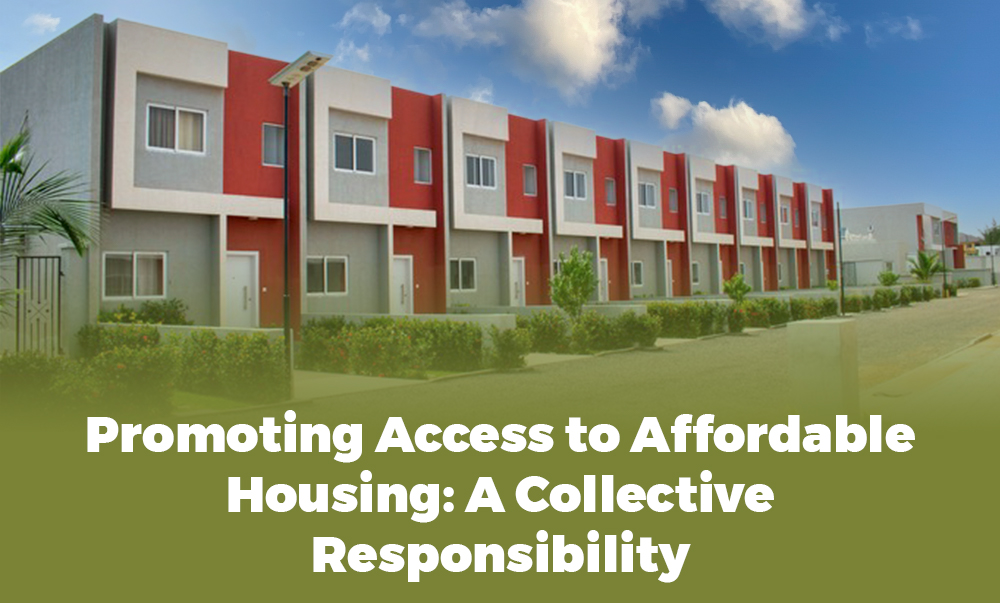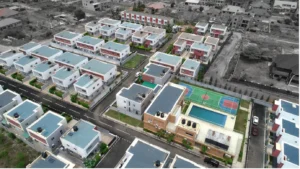Access to affordable housing is a fundamental human right and a cornerstone of a stable and thriving society. Unfortunately, in many parts of the world, housing costs have skyrocketed, leaving a significant portion of the population struggling to secure decent, affordable homes. To address this issue, governments, and various stakeholders must work together to create and implement effective affordable housing strategies.
Investing in Affordable Housing Initiatives
One of the primary responsibilities of governments and other stakeholders is to invest in affordable housing initiatives. This includes allocating funds to build or rehabilitate affordable housing units, which can be rented or purchased at prices that are within reach for low and moderate-income individuals and families. Governments can offer incentives, such as tax breaks or subsidies, to encourage private developers to participate in such projects.
Encouraging Public-Private Partnerships
Collaboration between the public and private sectors can be a powerful force for promoting affordable housing. Government bodies can work in partnership with private developers to create mixed-income housing projects. These partnerships can help reduce construction costs and increase the availability of affordable housing units.
Implementing Inclusive Zoning Policies
Zoning policies often play a significant role in determining the types of housing available in a community. To promote affordable housing, governments should adopt inclusive zoning policies that allow for a diverse range of housing options, including affordable units. By encouraging mixed-income neighborhoods, communities can become more economically integrated, reducing segregation and fostering social cohesion.
Supporting Housing Vouchers and Subsidies
Housing vouchers and subsidies are vital tools for helping individuals and families with limited incomes access affordable housing in the private market. Governments can increase funding for housing voucher programs and streamline the application process to make them more accessible. These programs help bridge the gap between market rent and what low-income individuals can afford.
Regulating and Monitoring the Housing Market
Government oversight is essential to ensure that the housing market operates fairly and provides affordable options. Regulations can be put in place to control rent increases and protect tenants from eviction without just cause. Additionally, monitoring mechanisms can help identify areas where affordable housing is scarce and prioritize them for intervention.
Investing in Infrastructure and Public Transportation
Affordable housing is not just about the cost of the dwelling itself. The location of affordable housing units is equally important. By investing in infrastructure development and public transportation systems, governments can connect affordable housing options to employment centers and essential services. This makes it easier for low-income individuals to access jobs and educational opportunities.
Promoting Sustainable and Innovative Housing Solutions
Sustainable and innovative housing solutions can help reduce construction and maintenance costs, making affordable housing more attainable. Governments and stakeholders should encourage the development of energy-efficient, affordable housing designs, including tiny homes, modular construction, and eco-friendly housing communities.
Fostering Community Engagement
Engaging local communities in the planning and development of affordable housing projects is crucial. Communities can provide valuable input, and their support can be instrumental in overcoming resistance to affordable housing initiatives. Moreover, community-based organizations can help identify the unique needs and preferences of their neighborhoods.
Educating the Public on Housing Rights and Resources
Education is an essential aspect of promoting access to affordable housing. Government agencies and non-profit organizations can collaborate to provide information and resources to individuals and families seeking affordable housing. This might include information on housing rights, financial assistance programs, and the application process for housing vouchers or subsidies.
Access to affordable housing is a multifaceted issue that requires the combined efforts of governments, private sector entities, and communities. By investing in affordable housing initiatives, fostering public-private partnerships, implementing inclusive zoning policies, and regulating the housing market, stakeholders can collectively work towards making housing more accessible and affordable for all. With these efforts, society can move closer to realizing the goal of housing as a fundamental human right.


